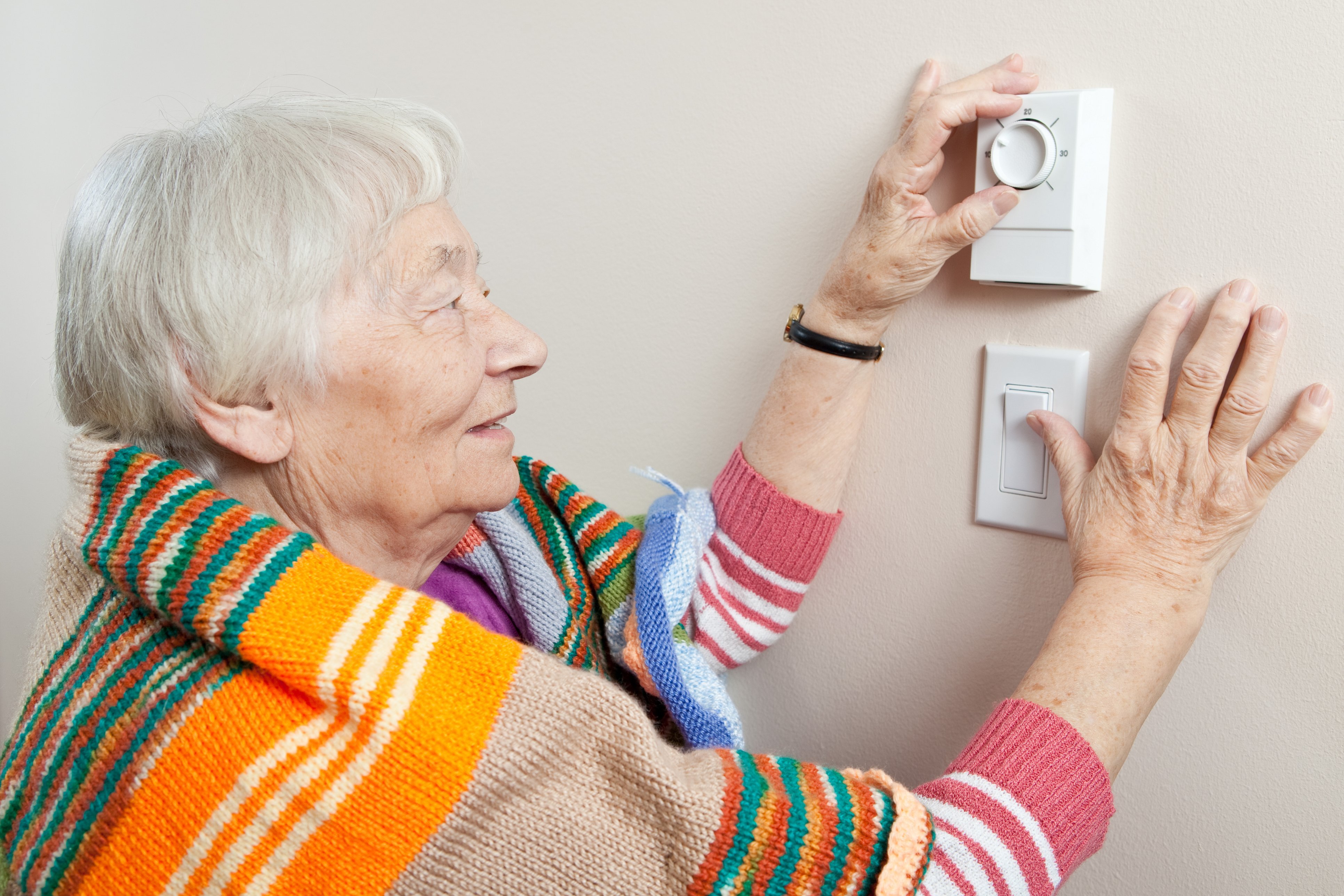Winter Wrapped up

Published on 04 November 2025 11:33 AM
Winter can be a difficult time, especially as you get older. You might worry about your health or your energy bills, and you might feel isolated from other people. But there are things you can do to keep warm and well.
Staying well over winter.
As we get older, our bodies respond differently to the cold. This can leave us more vulnerable to illness and more at risk of falls. Keeping warm can help reduce your risk of serious health problems.
-

Get your seasonal flu jab
Flu viruses are always changing, so it’s important to get your jab every year. It’s free of charge if:
- you’re aged 65 or over
- you’re a carer
- you’re a frontline worker in health or social care
- you have certain health conditions
- you live in a residential care home
- you’re a close contact of someone who’s immunocompromised
-

Stay Active
Staying active is good for your general wellbeing and fitness, it can also keep you warm. When you’re indoors, try to move about every hour or so. If walking is difficult, you can do chair-based exercises while sitting or holding on to the back of a chair. There are so many different types of exercise out there. Just do what you can as often as you can and try to find something that you enjoy.
-
Keep your hands clean
Good hand hygiene is a simple way to help you avoid catching and spreading germs. Wash your hands regularly with soap and water and use tissues to cover your mouth and nose when you cough or sneeze. It’s also a good idea to keep surfaces you touch clean, such as phones, door handles and counter tops.
-

Eat well
Hot food and drinks help you keep warm. Try to have at least one hot meal a day. A hot drink before going to bed can help you keep warm in the night. Include a range of foods in your diet and aim to eat fruit and vegetables each day. Did you know frozen veg is just as good as fresh? Not eating enough and becoming underweight is bad for your health, especially in winter. It makes it harder for you to keep warm and fight infections. If you’re worried about a lack of appetite or losing weight, speak to your doctor or practice nurse
-
Get a personal alarm
If you feel more isolated in winter, or if you’re less steady on your feet when it’s wet or icy, a personal alarm could help. If you fall or become unwell, it can connect you to a 24-hour response centre. You simply press a button on a pendant you wear around your neck or wrist and talk to someone who’ll contact a chosen person to help you – usually a neighbour, friend, relative or the emergency services. Visit www.gov.uk/guidance/find-a-telecare-provider in England or contact Age UK Cambridgeshire and Peterborough or your local council to find out if there’s a scheme in your area.
-
Keep your spirits up
It’s not unusual to feel sad over winter, particularly when the days are shorter and the nights are longer. But there are things you can do to feel better.
- Try to keep to your usual routine as best you can. If you find it more difficult to do things like visit friends or family, why not phone or video call them for a chat?
- Keep moving if you can. This might mean a short walk in the middle of the day to make the most of the daylight hours, or perhaps some indoor exercises.
- There might be classes or social groups you can go to in your local area. Check your website to see what is in your area
Keeping yourself warm
-
Keeping warm indoors
- If you’re sitting down, wrap up with a shawl or blanket.
- If you struggle to stay warm in bed, try wearing some warmer layers.
- Use a hot water bottle or an electric blanket to warm the bed – but never use them together.
- Keep your bedroom window closed at night, and close the curtains at dusk to keep heat in.
-
Keeping warm when you’re out and about
- Make sure you keep your hands and face warm by wearing a hat scarf and gloves. If your hands and face get very cold, your blood pressure can rise, which can in turn raise your risk of a heart attack.
- Cold feet can also trigger a rise in blood pressure, so choose shoes or boots with a warm lining or wear thermal socks.
- Check local news and weather reports for advice when particularly bad weather is forecast
Heating your home
Most of us spend more time indoors over winter, so it’s important you feel warm at home without worrying about heating bills.
Keeping your home warm. 
- Get to know how to use the timer and thermostat on your heating system. If it’s very cold, set the timer for the heating to come on a bit earlier than you need it.
- Keep the rooms you spend the most time in warm.
- Make sure you have a carbon monoxide alarm in each room with a gas or solid fuel burning appliance in it. Remember to test them regularly.
I you would like to find out more about help with cost of living please visit our website Age UK Cambridgeshire & Peterborough | How we can support you: Cost of Living
